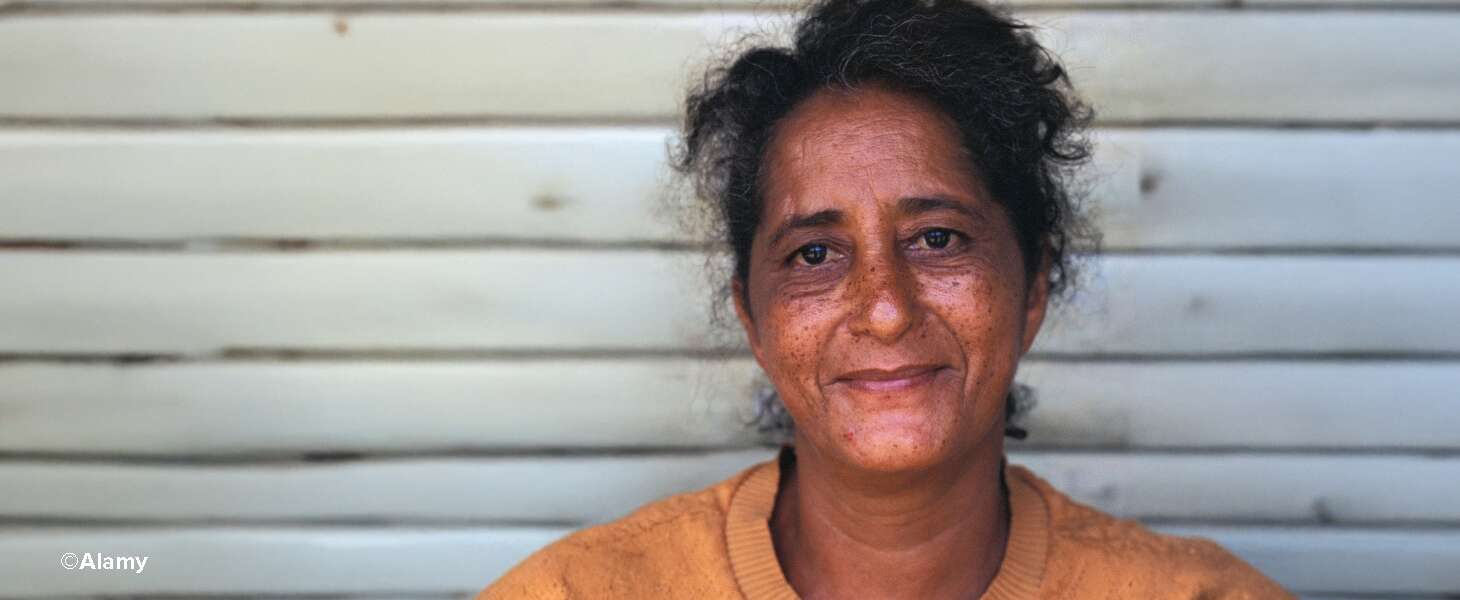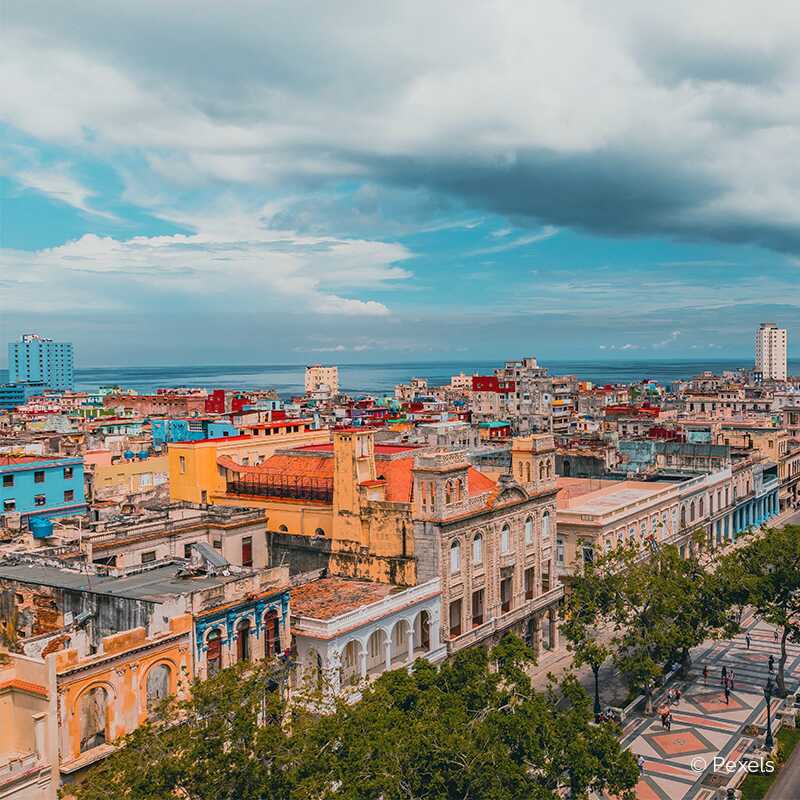



Since 1959, Cuba has been ruled by the Communist Party, which tries to control the church. The government reacts harshly to anyone who opposes it. Church leaders and Christian activists who criticise the regime can face interrogation, arrest and imprisonment. They also suffer smear campaigns, travel restrictions, and harassment (which can include physical violence and damage to church buildings).
These leaders' family members also face threats, including losing custody of their children. The government often refuses to register new churches, forcing many to operate illegally. These churches are vulnerable to fines, property confiscation and even demolition.
Incidents of persecution against Christians occur throughout the country. Hotspots are the nation's capital, Havana, and provinces in the eastern part of the island.
When I am at the airport, I fear being interrogated. A friend of mine was questioned just for liking a news article. Thank God I have been careful.
Angela, a Christian in Cuba
Cuba's humanitarian crisis grew worse this year, as mass protests against the government's repressive regime continued. Government action against dissidents increased. They have targeted church leaders and Christian activists who speak out against human rights abuses, and who support protestors. These leaders often face hostility, including arbitrary arrest.
Open Doors local partners strengthen the persecuted church in Cuba through Bible distribution, livelihood projects, biblical training, leadership development projects, care and support for children and pastors' families and socio-economic development.

Heavenly Father, we lift up the church leaders and believers in Cuba. Surround them with Your protection, fill them with Your strength and guide them with Your wisdom. May Your presence bring hope and courage as they stand firm in their faith, Amen.
We use cookies and other technologies on our website. Some of them are essential, while others help us to improve this website and your experience. We use them, among other things, to offer you an option for secure donations and anonymously evaluate access to our website. It also allows us to share our own YouTube videos on the website. Depending on the function, the data is passed on to third parties and processed by them. More information on The use of your data can be found in our Privacy Policy. You can revoke or adjust your choice at any time under Cookie Settings.